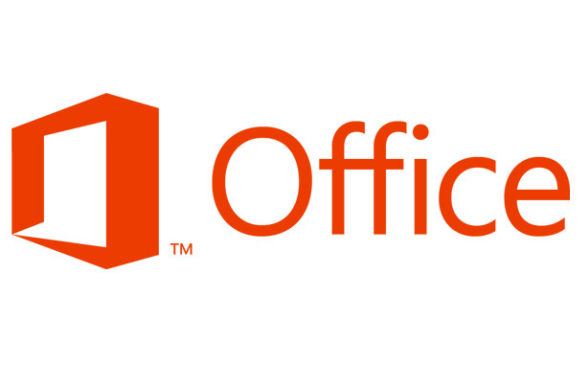
Ballmer has re-ignited anticipation for an iPad version of the Microsoft Office suite. Don't get too excited yet, though. Ballmer told an audience at a Gartner event in Florida that the iPad version won't come until after a touch-first version is developed for Windows.
My first reaction to the news was to shake my head and wonder if Microsoft is still stubbornly clinging to the idea that it can drive sales of Windows mobile devices by holding Microsoft Office hostage. As Microsoft has struggled to compete with iOS and Android, many have suggested that it would be foolish of Microsoft to offer Office on competing platforms because it would take away Microsoft's only "carrot" for luring people to its own mobile devices.
 Ballmer promises an iPad version of Microsoft Office is coming … eventually.
Ballmer promises an iPad version of Microsoft Office is coming … eventually.
Well, that carrot has been dangled, and nobody is biting. As popular and dominant as the Microsoft Office applications may be among productivity software rivals, the fact is that Windows Phone and Windows tablets have included Microsoft Office and they're still floundering. Any expectation that Microsoft Office will drive sales has apparently failed.
That isn't to say that Microsoft Office itself is to blame, though. It remains the default productivity suite for businesses and consumers, and the demand is there (albeit waning as time goes by) on competing mobile platforms. It's just that there are suitable alternative apps available, and Microsoft Office itself is not enough to sway someone to Microsoft mobile devices.
Then I took a breath and relaxed and thought that perhaps that's not the reason for the delay. Maybe Microsoft isn't "holding Office hostage" any more, as much as it's just managing its resources. There are only so many developers, and they can only do so much. It makes sense to dedicate those developers to making an awesome touch-oriented version of Microsoft Office for Windows before investing effort creating a version of Office for competing platforms.
Or does it? Here is the question that Steve Ballmer should be asking himself and his executive team: "Which strategy has more potential for expanding our influence and increasing our revenue?"
Assuming it follows a similar model as the Office Mobile for iPhone and Office for Android smartphone apps, the Microsoft Office apps themselves will be free, but require a subscription to Office 365.
Windows tablets and Windows Phone smartphones already come with some version of Microsoft Office. Android and iOS devices don't. Offering a more polished version of Office for Microsoft mobile devices won't really drive more sales of Microsoft mobile devices or result in higher sales of Office, but offering a version of Office for the iPad and Android tablets would likely result in a spike in Office 365 subscriptions.
It really depends on what the goal is—what is the motivation driving the strategy? And at the heart of that question is the struggle Microsoft has faced in recent years to segregate its products and services, and to not drag one—like Microsoft Office—down by anchoring it to another—like Windows.
The iPad version of Microsoft Office should come before the Windows 8 "Modern" version of Microsoft Office because the iPad version of Office has significantly better odds of expanding Microsoft's influence and driving increased revenue.
Subscribe to the Business Brief Newsletter
Thank you for sharing this page.



No comments:
Post a Comment